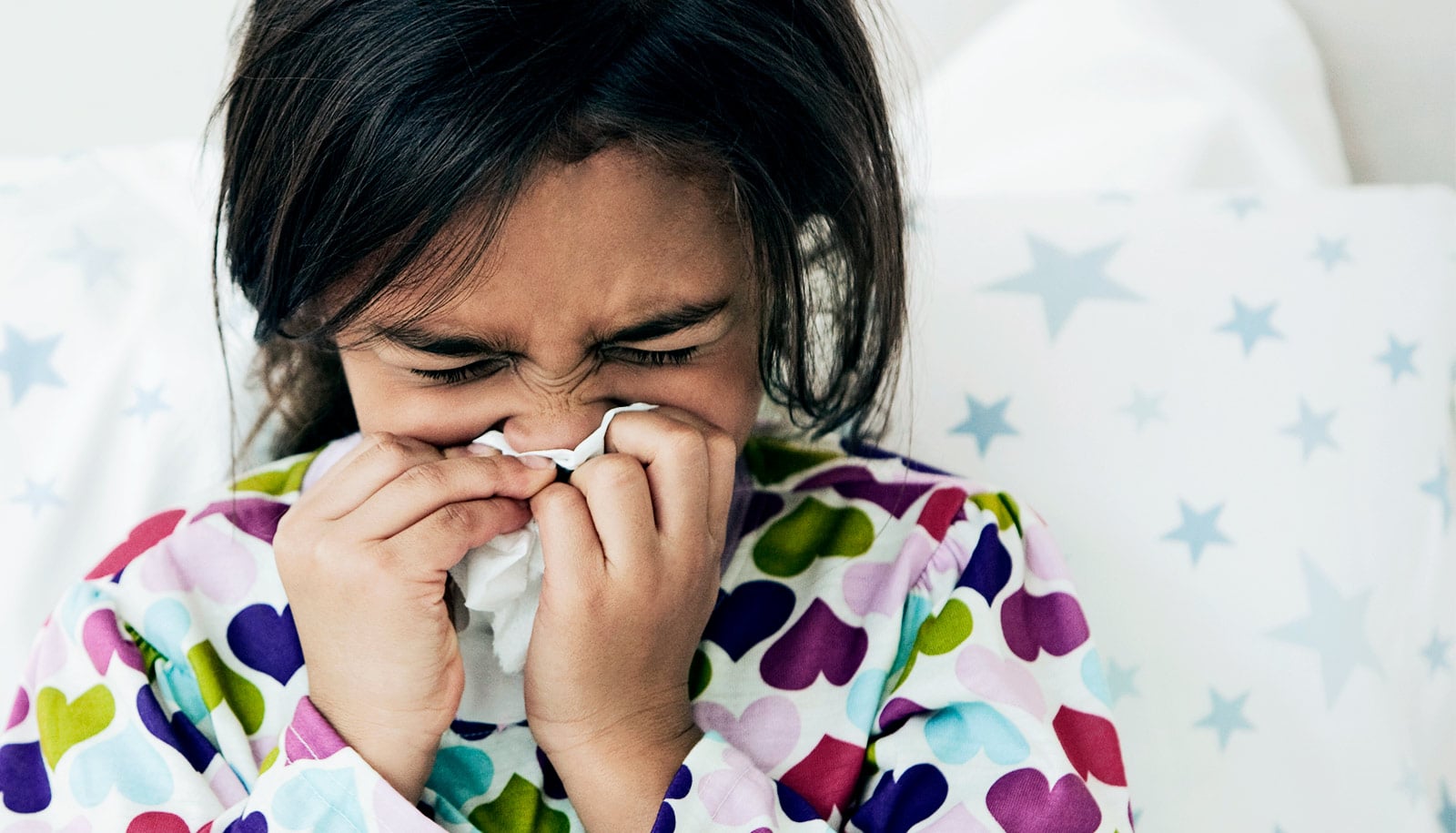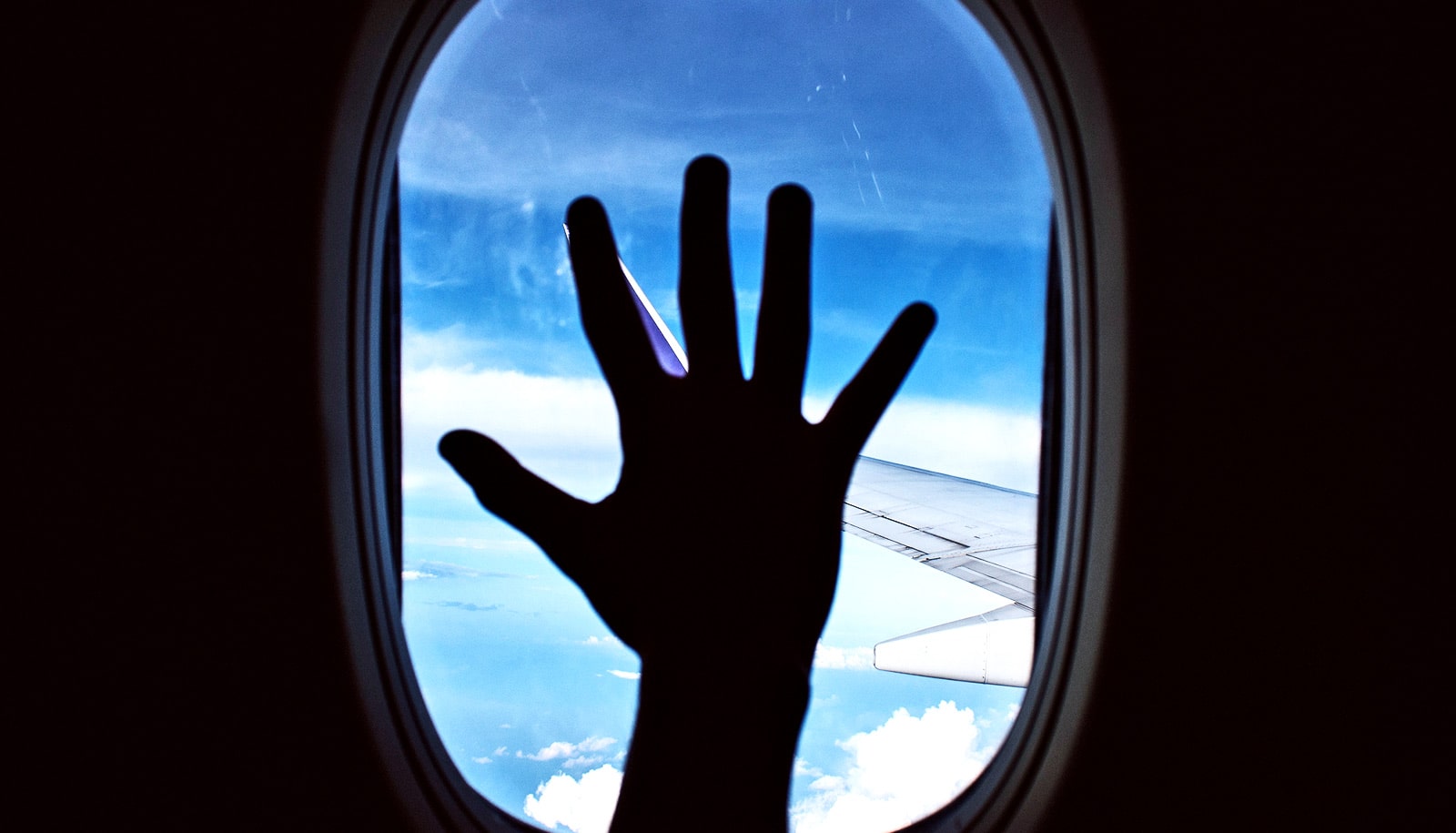Since December, the Wuhan coronavirus that originated in Wuhan, China, has killed at least 17 people and sickened close to 600.
Cases continue to spread globally, with one identified in Washington state.
In response to the evolving outbreak, the US Centers for Disease Control and Prevention has redirected US-bound travelers from Wuhan to five airports for screening at JFK New York, San Francisco, Los Angeles, Atlanta, and Chicago’s O’Hare.
The Chinese government has quarantined the city of Wuhan, shut down its airport and public transportation, and expanded the public transportation shutdown to at least four more cities.
Debra Chew is a former epidemic intelligence officer for the Centers for Disease Control, and an assistant professor of medicine at Rutgers New Jersey Medical School and medical director for infection prevention and control at University Hospital in Newark, New Jersey.
Here, she discusses what we know about the new infectious disease and who is most at risk:
What is the Wuhan coronavirus?
This is a new virus that has not been previously identified in humans. It belongs to a large family of viruses called coronaviruses. These viruses can cause respiratory illnesses such as the common cold and more severe illnesses such as the severe acute respiratory syndrome [SARS] or the Middle East respiratory syndrome [MERS].
Currently, a lot is unknown about the Wuhan coronavirus, but the CDC and the World Health Organization are actively investigating to learn more about this virus, the way it spreads, and its severity of illness.
Should Americans be concerned?
While any new virus is a serious public health concern, the immediate health risk to the American public is deemed low at this point. The virus is thought to have some limited person-to-person spread, and the CDC and WHO are conducting ongoing investigations to learn more about the degree of this spread.
What do we know about how the virus spreads?
While a lot about this new coronavirus is still unknown, it may have been transmitted to humans from an animal source, as many of the confirmed early cases were linked to a seafood/live animal market in Wuhan, which has since been closed. Some person-to-person spread has occurred by some who were in close contact to an infected patient and are being investigated.
What are the symptoms and health risks?
Common signs, such as fever, cough, shortness of breath, and breathing difficulties are like those found with other respiratory illnesses. In more severe cases, infection can cause pneumonia, severe acute respiratory syndrome, kidney failure, and even death. Illness appears to be more severe in those who have underlying medical conditions, a weakened immune system, the elderly, and the very young.
How is it treated?
As with many viruses, there is no specific treatment, but many of the symptoms can be treated and supportive care for infected persons can be highly effective. Since this is a new virus, there is no vaccine, and it can take of number of years for a new vaccine to be developed.
How can people protect themselves, especially if they are flying and will be in contact with people from all over the world?
Travelers should follow standard recommendations to reduce exposure to and spread of a range of infections.
This includes washing hands often with soap and water for at least 20 seconds, using an alcohol-based hand sanitizer if soap and water are not available, covering your mouth and nose with a tissue or your sleeve—not your hands—when coughing or sneezing and avoiding close contact, if possible, with anyone showing symptoms of a respiratory illness, such as coughing and sneezing.
Source: Rutgers University


